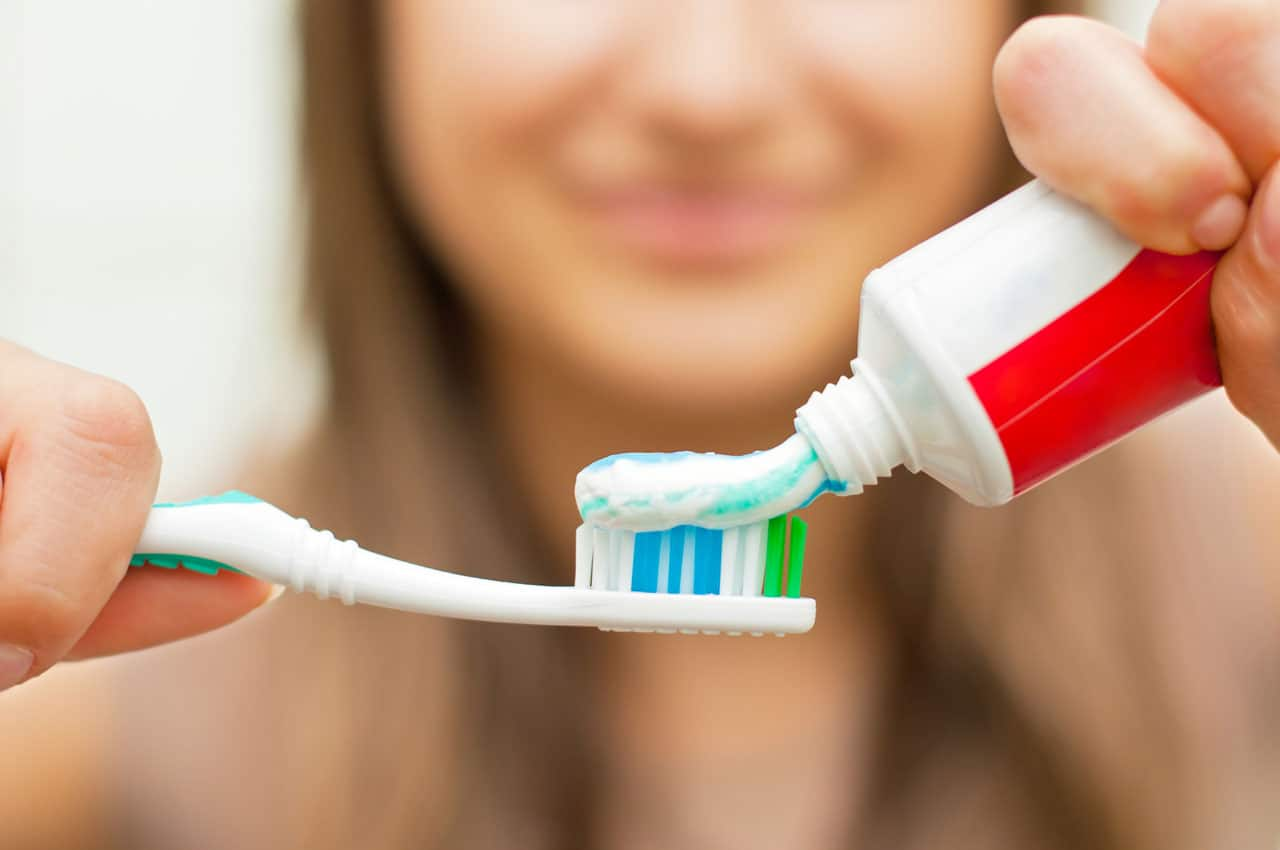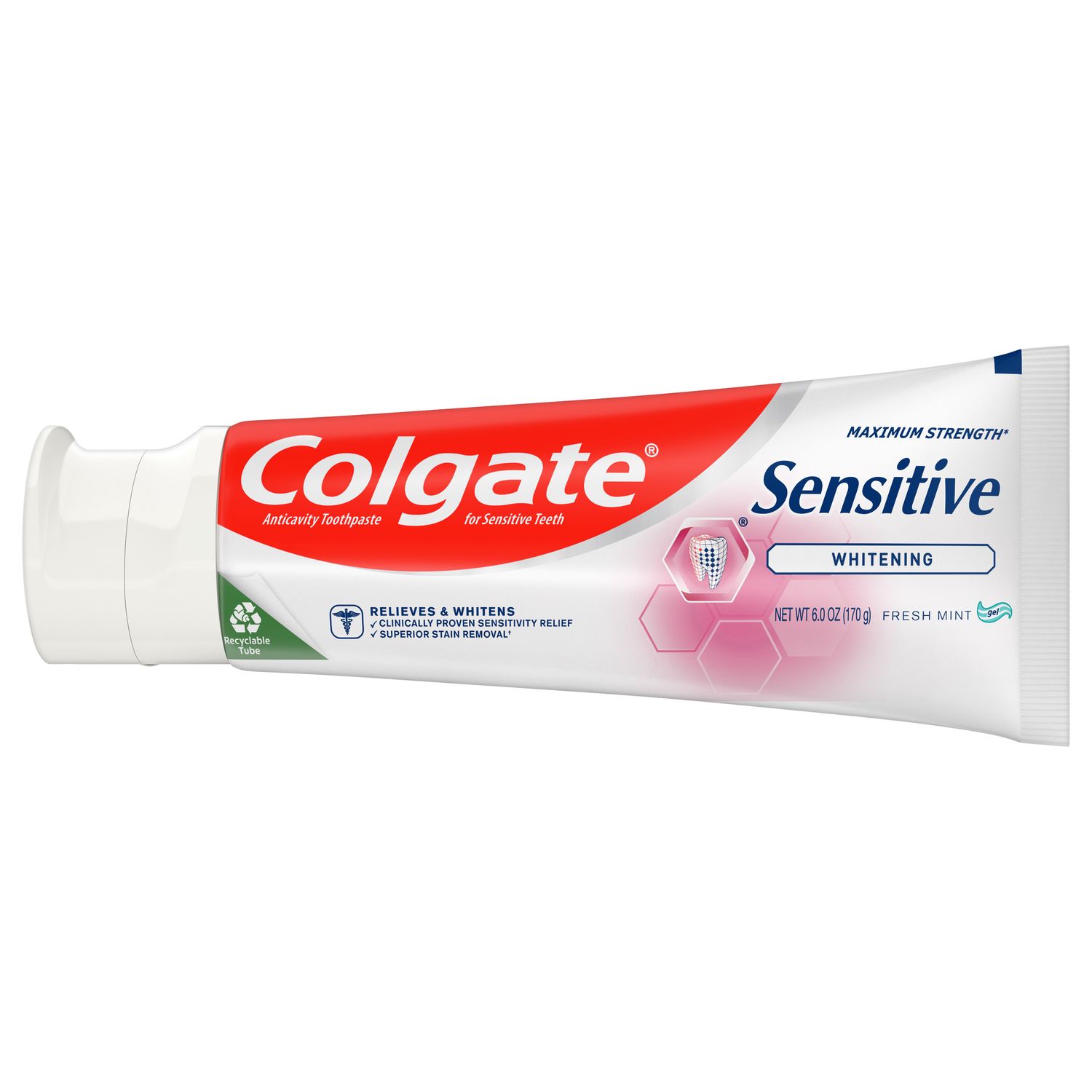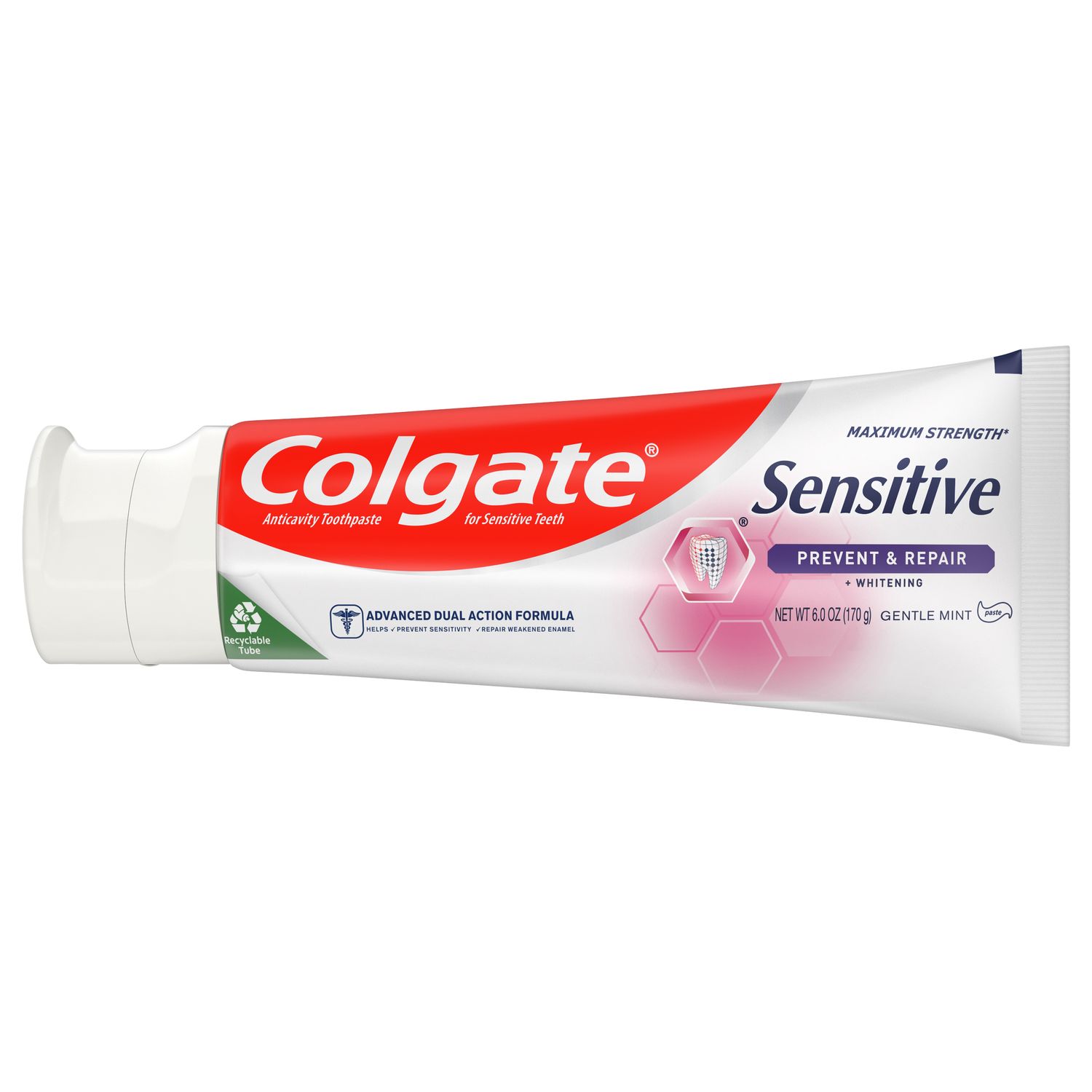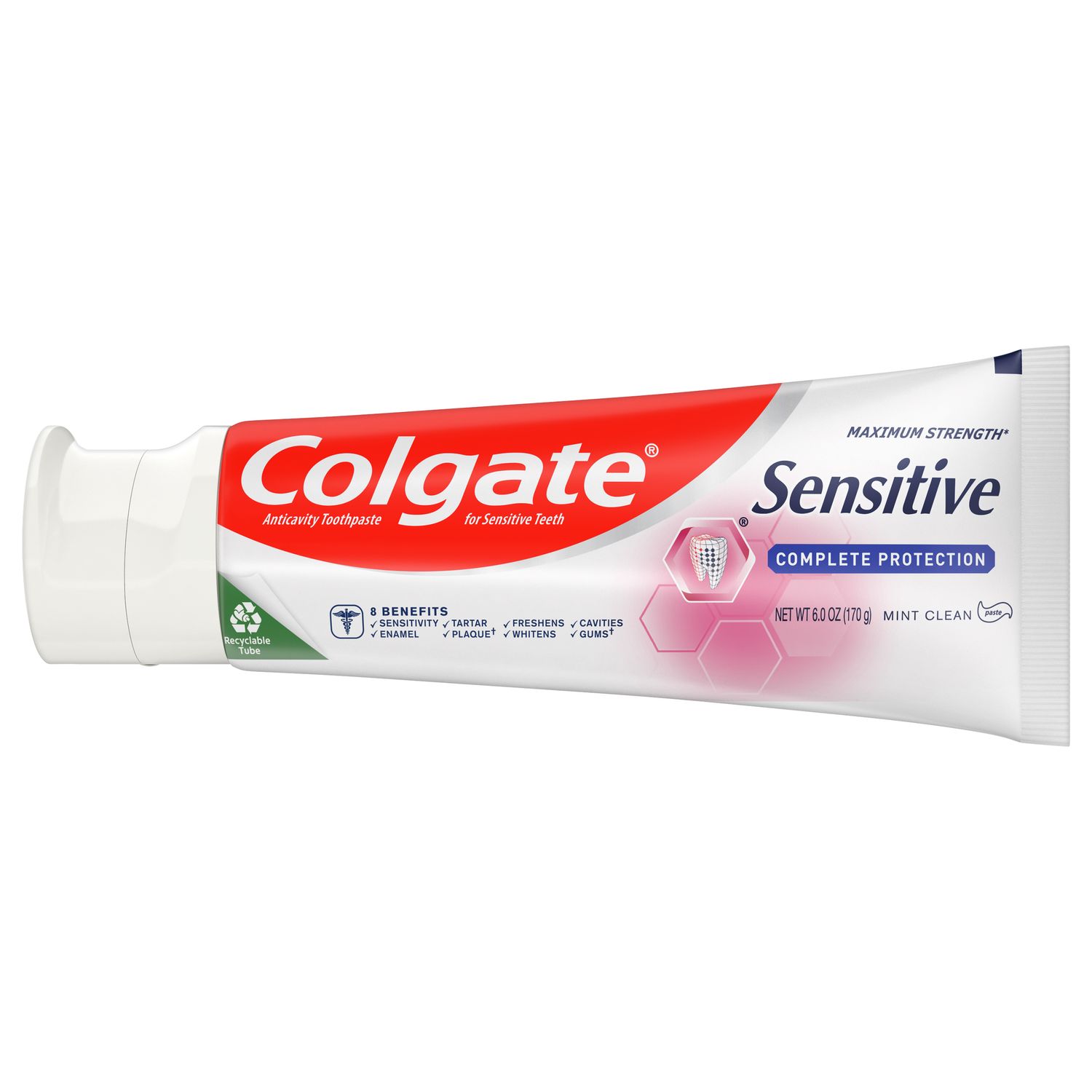What is Dentin Hypersensitivity?
Dentin hypersensitivity describes short, sharp, intense bursts of pain and discomfort that originate from the teeth in response to certain stimuli. It occurs when the top protective layers of the tooth, and cementum, wear away and expose dentin. Dentin helps support the structure of the tooth. It’s also responsible for all the sensations you feel in your teeth. This is to prevent you from biting down too hard on foods that could damage your teeth. Dentin tubules contain nerve fibers which relay information to the brain. When the protective layer above these tubules erodes through wear or decay it exposes them, making them susceptible to stimuli such as temperature and pressure. This causes dentin hypersensitivity and pain. Tooth sensitivity affects up to 57% of the population.
Signs & Symptoms of Dentin Hypersensitivity
Feeling a sharp pain or slight discomfort after eating hot soup or sticky candy can happen even without dentin hypersensitivity. But when you experience tooth pain often or react to different stimulus it could be a sign of dentin hypersensitivity.
Here are some signs you should look out for:
- Sensitivity to temperature variations such as breathing in cold air.
- Chemical sensitivity to certain ingredients in toothpastes or mouthwash
- Discomfort while consuming or after consuming hot foods and drinks.
- Pain or discomfort from cold foods and drinks
- Pain during brushing or flossing
- Sensitivity to acidic and sweet foods and drinks
- Pain from pressure while chewing.
If you experience these reactions often you may have dentin hypersensitivity. Though it can come and go if it lasts for longer than a couple of days it’s best to check with your dentist to make sure your tooth sensitivity isn’t from a cavity.
Causes of Dentin Hypersensitivity
Causes of sensitive teeth and dentin hypersensitivity are usually from enamel erosion that exposes the dentin, but sensitivity can occur without decay. The tubules or nerves can be temporarily irritated or exposed after whitening teeth for example. Bleaching agents remove minerals from the dentin making it weaker until they are restored. This causes sensitivity. Other causes include tooth decay, gum disease and enamel erosion which occur from:
- Improper dental hygiene techniques by using a hard toothbrush or brushing too aggressively.
- Eating highly acidic foods and beverages which contribute to decay and erosion.
- Bulimia or gastroesophageal reflux disease (GERD) which can erode enamel.
- Gum recession that leaves your root surface exposed from smoking, aging, or hormonal changes that make gums more sensitive.
Teeth Sensitivity Diagnosis
You can usually tell you have sensitive teeth when you experience pain from pressure of temperature changes. This can occur from breathing cold air or eating cold foods for example. Your dentist can evaluate your enamel and your dentin to let you know the extent of your enamel wear. If it is thinner and your dentin is exposed, dentin hypersensitivity may be responsible for your teeth sensitivity. Your dental professional can also evaluate the health of your gums to see if gum recession is contributing to your teeth sensitivity. Proper oral hygiene is the key to preventing gums from receding and causing sensitive-tooth pain. If you brush your teeth incorrectly, or over-brush, your gums may become sensitive. Ask your dentist if you have any questions about your daily oral hygiene routine.
Prevention
To prevent tooth sensitivity, you may not want to use certain whitening products until you’ve had your dentist access the health of your enamel. Bleaching agents can increase sensitivity in teeth. Most whitening toothpastes are gentle enough or you can use a whitening toothpaste designed for sensitive teeth. Practice good oral hygiene techniques. Brush properly twice daily for 2 minutes with fluoride toothpaste that does not have high levels of abrasives, and floss once a day. Consider using toothpaste for sensitive teeth. These have ingredients to block pain as well as rebuild enamel to protect the dentin. A diet low in acidic foods and drinks also helps prevent tooth sensitivity. Mouthguards might be another option to prevent sensitive tooth pain and dentin hypersensitivity caused by tooth grinding and damaged teeth.
Treatments for Dentin Hypersensitivity
There are treatments for sensitive teeth. In addition to recommending toothpaste without high levels of abrasives, your dentist may prescribe an at-home, brush-on fluoride gel or a fluoride rinse, or high fluoride level toothpaste specially formulated to make your teeth less sensitive and provide extra protection against decay. Fluoride varnishes can be applied in office to provide added protection. You can also ask your dentist about dental sealants. These are used for cavity protection but can provide a physical barrier to external stimuli and stop sensitivity. If your tooth sensitivity is related to decay or cavities a filling, crown, or root canal can help eliminate dentin hypersensitivity. Repair a cracked filling or chipped tooth to eliminate your pain.
Related Conditions
Is tooth sensitivity cramping your style?
Tooth sensitivity can make eating and drinking a painful experience. Try one of our sensitivity relief products that, with continued use, can help prevent future occurrences.
This article is intended to promote understanding of and knowledge about general oral health topics. It is not intended to be a substitute for professional advice, diagnosis or treatment. Always seek the advice of your dentist or other qualified healthcare provider with any questions you may have regarding a medical condition or treatment.
ORAL HEALTH QUIZ
What's behind your smile?
Take our Oral Health assessment to get the most from your oral care routine
ORAL HEALTH QUIZ
What's behind your smile?
Take our Oral Health assessment to get the most from your oral care routine














